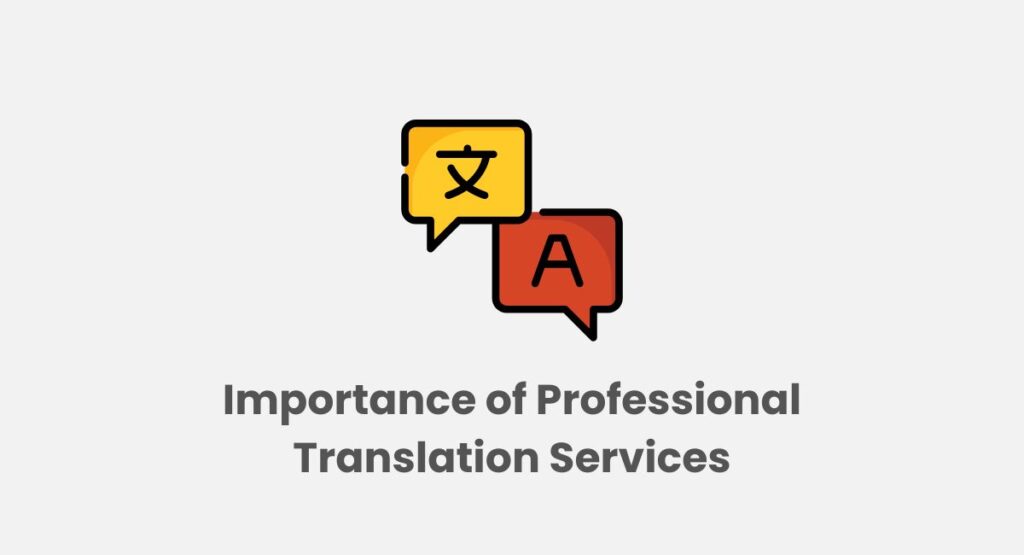The Hebrew language is a Semitic language that was originally used by the Israelites. Semitic languages are generally used from North Africa to Southwest Asia. The language has existed since about the 3rd century BC, while modern Hebrew was developed between the 19th and 20th centuries, making this one of the oldest languages in the world. Most of the Hebrew holy book, the Tanakh, is written in Hebrew.
The modern Hebrew language, Ivrit, is the official language of the State of Israel. This language is written from right to left and uses an alphabet of 22 characters. While the language is based on the ancient Hebrew found in the Tanakh, the syntax is based on the Mishnaic Hebrew (early rabbinic Hebrew).
Hebrew was extinct for about 1500 years, as it was not used as an official language. Instead, it was used as a literary language, the language of commerce between Jews who spoke different languages, and as the liturgical language of Judaism.
However, the language experienced a revival during the last part of the 18th century and into the 19th century. One Jewish activist, Eliezer Ben-Yehuda, began to revive Hebrew as a spoken language in the modern era.
The language has unique characteristics, such as long vowels expressed in writing by unpronounced consonant sounds. Hebrew uses dots or dashes to indicate where vowels should be included. While this is an ancient language, Hebrew has been expanded in modern times to include scientific terms and other words to modernize the language.
Table of Contents
The Global Reach of Hebrew

Today, Hebrew is spoken by about 9 million people around the world, with the majority of native speakers in Israel and Palestine. Outside of these regions, Hebrew is used mainly in Jewish communities and synagogues around the world. It is spoken by about 220,000 people in the US, with the largest number of Hebrew speakers, outside of Israel.
Hebrew began to spread in ancient times when the Israelites (Jews) living in Israel were attacked by the Assyrians and exiled about 733 BC. The next exile was caused by Sargon II in 722 BC, and the next occurred in 597 BC with the Babylonians’ destruction of the Kingdom of Judah. Each exile caused a Jewish diaspora to develop over the centuries. The Jewish people experienced subsequent dispersion during Roman times and pogroms in the Middle Ages. In the 20th century, the Jewish people of Europe suffered from the Holocaust during WWII.
Through each exile, pogrom, and Holocaust, the Jewish people were dispersed around the globe, giving the Hebrew language today a global reach like never before.
Over time, Jewish people travelled to various parts of the world to find countries that were friendly to them and their religion. Today, the diaspora can be found worldwide, with the most significant number of Jewish communities in the US outside of Israel.
Hebrew in the Business World

As a result, Hebrew has significantly impacted the business world. Not many people know that Jewish law, found in the Torah, is concerned with many of the same issues found in business today, including fair prices, employer-employee relations, the environment, and more. In addition, many of our modern laws have their roots based on the ancient Hebrew laws of the Torah, with particular emphasis on honesty and business ethics.
Today, the country of Israel has become enormously successful across various industries, including the following:
- Mining and quarrying
- Manufacturing
- Technology
- Law
- Finance
- Tourism
- Trade
- Real estate
- Transportation
- And more
These industries have touched business internationally, with many companies operating in Hebrew-speaking regions or catering to Hebrew-speaking customers.
In addition, many organizations within these industries reach out to their Hebrew-speaking customers with specific goods and services in their native language.
Organizations catering to Hebrew-speaking clientele must rely on professional translation companies’ services to ensure the proper translation and localization of their goods and services.
The Challenge of Translating From and To Hebrew

Hebrew is a complex language that can be challenging to translate into and from. This language has its own alphabet that’s made up entirely of consonants. In addition, Hebrew has a relatively small vocabulary compared to other languages, such as English. However, Hebrew words can carry several layers of meaning and allusions. It can be difficult to understand the precise meaning of Hebrew words.
Moreover, the language makes extensive use of roots and patterns. Each Hebrew word is formed by inserting a root into a pattern. The root of each word is a combination of letters that form the core of each Hebrew word (aside from the words borrowed from other languages). Hebrew language translators need to understand the word patterns and roots to ensure the translation is accurate and correct.
In addition, this language has only one article. So, it can be difficult for translators who need to be more knowledgeable in Hebrew to use the article correctly. In Hebrew, each verb belongs to its own family, so anyone learning the language, such as a translator, must know this to use each verb correctly. Each verb also takes a different form depending on the subject’s gender.
These are only a few of the challenges and difficulties the Hebrew language presents. If you’re a business looking to expand into Hebrew-speaking markets, working with a professional translation agency with experience and knowledge of the Hebrew language is essential.
Importance of Professional Translation Services

Professional Hebrew-to-English translation services are essential to your business for many reasons, including the following:
Embarrassing errors can damage your credibility: without professional translation services, it’s easy to make embarrassing errors when translating from a complex language, such as Hebrew, into English. Such mistakes can cost your organization its credibility and revenues.
Subject matter experts: a professional translation organization can also provide correct translations. Why is this important? Each industry has its own “jargon” and terminology. Only a true subject matter expert can ensure that your translation from Hebrew to English is correct and accurate for your industry.
Correct mistranslations: professional translation companies can also avoid the lost time caused by mistranslation from one language to another. Professional translators have the knowledge and experience to ensure your translations are correctly done in the target language.
Transparency: you can expect a professional translation company to keep you informed at each stage of the translation process. They will keep you informed about any issues and consult you when there are decisions to be made. The agency will let you know what the next step is and when to expect your translated text.
These are only a few of the important reasons your organization needs to work with a professional translation company, such as Pollion, for translations from Hebrew into English.
How Pollion Can Help
Pollion works with a team of professional translators, including those who can translate accurately and correctly from Hebrew into English. They work with a team of skilled linguists who understand the cultural nuances of translating from Hebrew into other languages.
The company also uses the latest translation technology to ensure the highest translations possible. They use the following for their translation work:
If you need to translate materials from Hebrew into English, Pollion is the translation agency you can count on every time for high-quality, accurate, localized translations into your target language.
Conclusion
Hebrew is fast becoming a language market for businesses around the world. With over 9 million native speakers, reaching this market with accurate, localized translation is essential.
The potential issues Hebrew translators face include an alphabet made only of consonants, a language with only a few words that have layered meanings, and more. For these reasons, working with a professional translation agency to engage with the Hebrew-speaking market is essential. Only a professional translation agency can ensure that your translations are accurate and localized to the target audience.
Pollion can help your business succeed in its efforts to reach this audience by providing top-quality, accurate, localized translation services. Pollion is a key solution provider that offers more than other professional translation companies in the Hebrew-speaking market.
